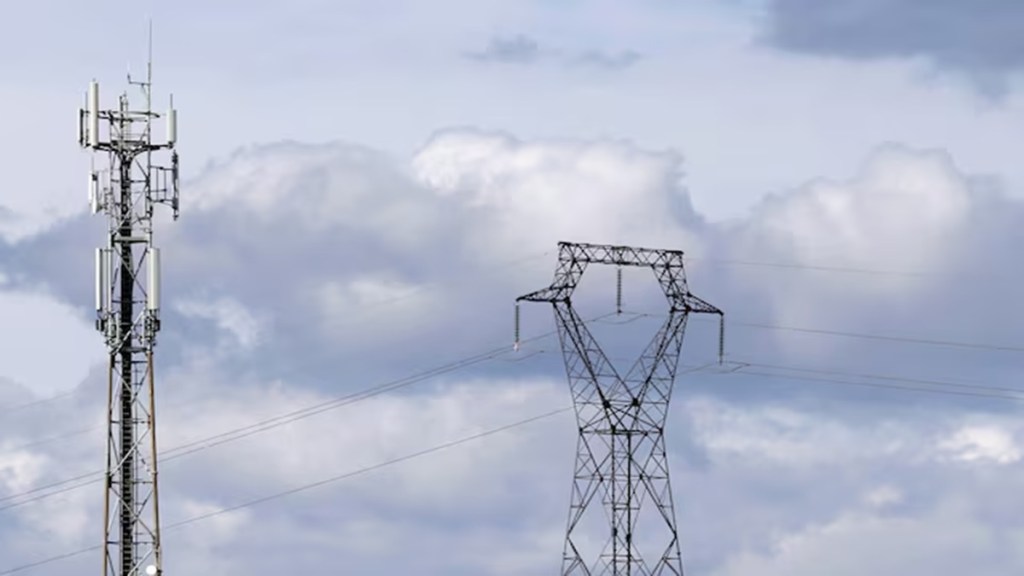Telecom companies, represented by the Cellular Operators Association of India (COAI), have urged the consumer affairs ministry to expedite notification of the guidelines for prevention and regulation of unsolicited business communication. The same also covers spam communications via over-the-top (OTT) communication providers like WhatsApp.
This comes after the consumer affairs ministry had issued the draft guidelines in May wherein it defined business communication and also included voice calls, SMS and instant messaging via social media platforms as well.
“In our view, the draft guidelines represent a significant advancement in the combined efforts of the Government against UBC (unsolicited business communication), which not only result in frequent inconvenience to consumers but also often bypass the legitimate channels of commercial communications established by the telecom service operators,” said SP Kochhar, director general of COAI in a letter to consumer affairs secretary Nidhi Khare.
“Utilizing its powers under Section 18 of the Consumer Protection Act, 2019, the Department may please notify the Guidelines at the earliest in the interest of consumers, to enable them to act directly against all individuals and entities who initiate such UBC,” Kochhar added.
Once the new guidelines are issued and implemented, it would be the first time that banks, fintech companies, real estate developers, and others, will be directly held liable for such spam communication as these entities outsource their promotional sales to third-party agencies.
Notably, there has been an increase in spam calls and messages via OTT communication platforms, which presently falls outside the regulatory oversight of the telecom ecosystem.
From a consumer harm perspective, the consumer affairs ministry has the power to check the spam communications via OTTs and notify guidelines.
According to Kochhar, while the Telecom Act grants the department of telecommunications (DoT), the authority to implement measures aimed at safeguarding users, it does not empower the department to take any direct action against individual users, who may misuse the telecom resources. This is because the jurisdiction under the Telecom Act is confined only to telecom licensees.
Consequently, any efforts to address the issue of UBC, under these rules, would necessarily focus only on TSPs, who serve as intermediaries, he said, adding that a full and complete solution to addressing the problem of UCC/UBC requires that all entities or players in the ecosystem should be brought under regulatory oversight.
Under the current framework, spam communication is regulated only through the Telecom Commercial Communication Customer Preference Regulation, 2018 (TCCCPR) which have been formulated under the TRAI Act, 1997.
This is, however, an incomplete and therefore ineffective solution, as there are several entities in the ecosystem that are responsible for the UBC that are outside the jurisdiction of TRAI, COAI said.








